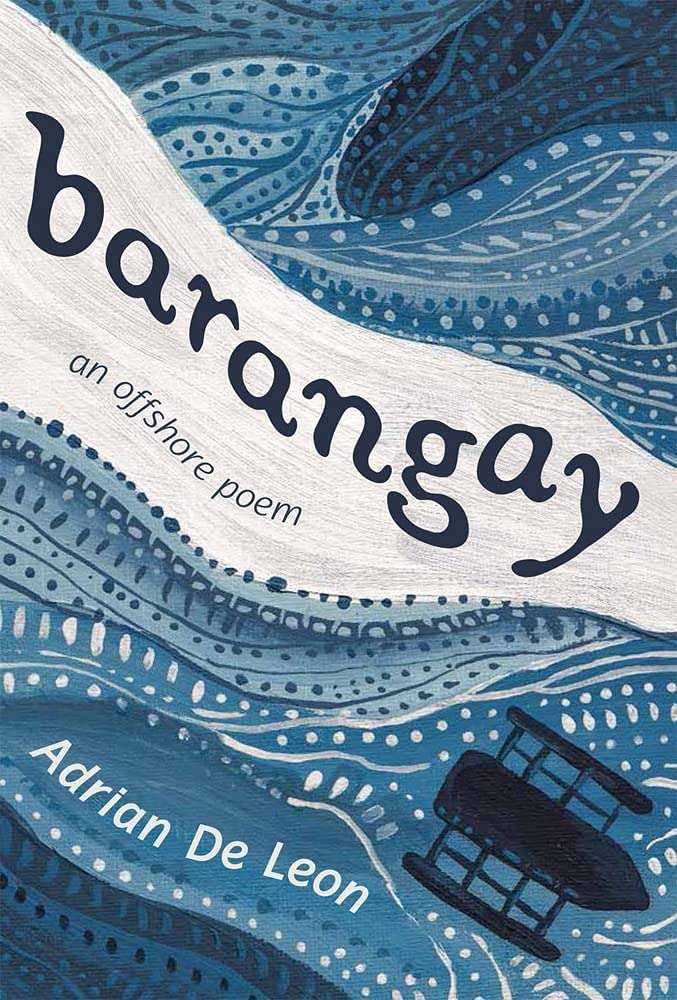2026
Notes from a Wayward Son: A Memoir. Bond Street Books/Doubleday Canada.
Balikbayan: A Revenant History of the Filipino Homeland. University of Washington Press.
2023
Bundok: A Hinterland History of Filipino America. University of North Carolina Press.
2021
barangay: an offshore poem. Buckrider Books.
FEEL WAYS: A Scarborough Anthology. Co-edited with Téa Mutonji and Natasha Ramoutar. Mawenzi House.
2017
Rouge: Poems. Mawenzi House.
(Click on book covers for more information.)



![[1] Bundok Cover.png](https://images.squarespace-cdn.com/content/v1/5875365237c581a46e9bd265/1683268252302-4NNQ50I46F7UQVARUOHI/%5B1%5D+Bundok+Cover.png)


